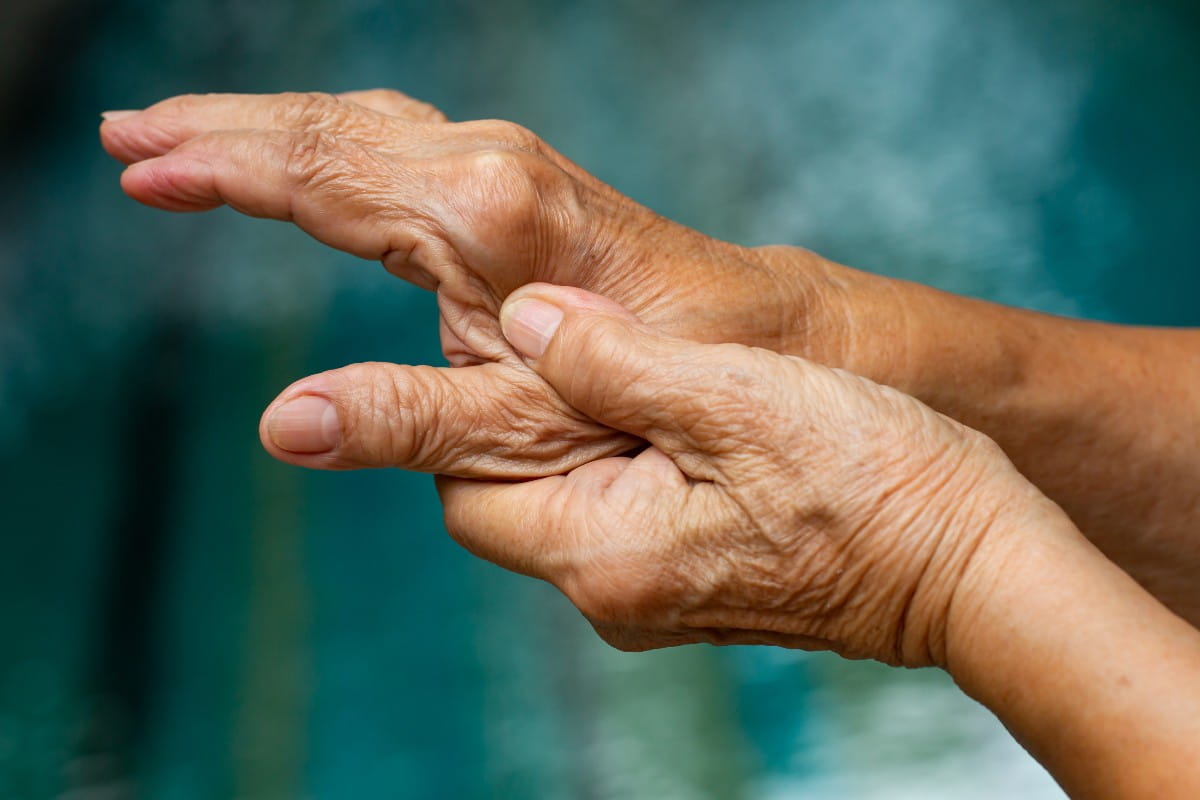Addiction to drugs or alcohol can devastate relationships, families and communities. Those who are dependent on substances often only care about getting their next “fix” and have little regard for the hardship they cause other people or themselves.
“Unfortunately, substance abuse is a fairly common problem that affects individuals from all walks of life. Knowing the signs of substance abuse can help you determine if you need to intervene for a loved one before it’s too late,” says Melanie Ames, FNP, Family Nurse Practitioner at Riverside Primary Care Kiln Creek.
Signs and behaviors that may signal addiction
An addict may exhibit a wide variety of signs and behaviors, and many can be quite subtle early on in the addiction. Here’s what to watch for
- Asking for money without an explanation of why it’s needed
- Change in physical appearance, such as decreased personal hygiene or grooming
- Doing things that are completely out of character, such as stealing
- Frequently missing school or work
- Gaining or losing weight
- Lack of energy
- Not hanging out with friends or family, or having all new friends
- Not meeting obligations or responsibilities for school, family or work
- Secretive behavior
In addition, the type of drug someone is abusing can affect their behavior in a variety of ways.
Signs of marijuana use
A person may exhibit one or more of the following signs and symptoms after recently using marijuana, hashish or other cannabis products:
- Anxiety or paranoia
- Decreased reaction time
- Dry mouth
- Red eyes
- Strong cravings for certain foods
- Trouble concentrating or remembering
- Trouble with coordination
Signs of barbiturate or benzodiazepine use
Barbiturates include central nervous system depressants such as Valium, Xanax or Klonopin. A person using one or more of these may show these signs and symptoms:
- Being dizzy
- Drowsiness
- Having falls or accidents
- Slurred speech
- Trouble concentrating or remembering
- Unusual eye movements
Signs of meth or cocaine use
You may notice one or more of the following signs and symptoms in someone after recently using stimulants, such as methamphetamine, cocaine, Ritalin or Adderall:
- Anxiety or paranoia
- Changes in behavior, including unusual aggression or irritability
- Confusion
- Depression
- Dilated (large) pupils
- Insomnia (inability to sleep at night)
- Rapid or rambling speech
- Weight loss
Signs of hallucinogen
Hallucinogens, such as lysergic acid diethylamide or LSD or phencyclidine, also called PCP, may result in the following signs and symptoms after use:
- Drastically changed perception of reality, such as “hearing colors”
- Flashbacks
- Impulsive behavior
- Sudden changes in emotions
- Tremors
Signs of inhalant use
Inhalants, such as glue, paint thinners, gasoline, or household cleaning products, may result in these signs or symptoms after recent use:
- Changes in behavior, including unusual aggression
- Decreased inhibition
- Dizziness
- Nausea or vomiting
- Rash around the nose or mouth
- Slowed movements
- Slurred speech
- Trouble with coordination
-
Unusual eye movements
Signs of opioid painkiller abuse
A person under the influence of opioid painkillers (narcotics), such as heroin, morphine, codeine, methadone or oxycodone may exhibit one or more of the following signs and symptoms:
- Confusion
- Constricted (small) pupils
- Depression
- Drowsiness
- Irritability
- Runny nose
- Slurred speech
- Trouble with attention or memory
- Trouble with coordination
Get help
“If you suspect that a loved one is using drugs, the best thing you can do is make an appointment with a professional that is experienced in substance abuse,” says Ames.
Schedule an appointment today.



